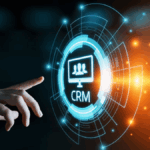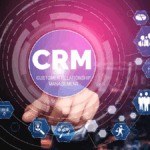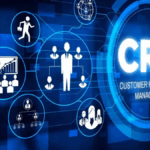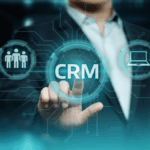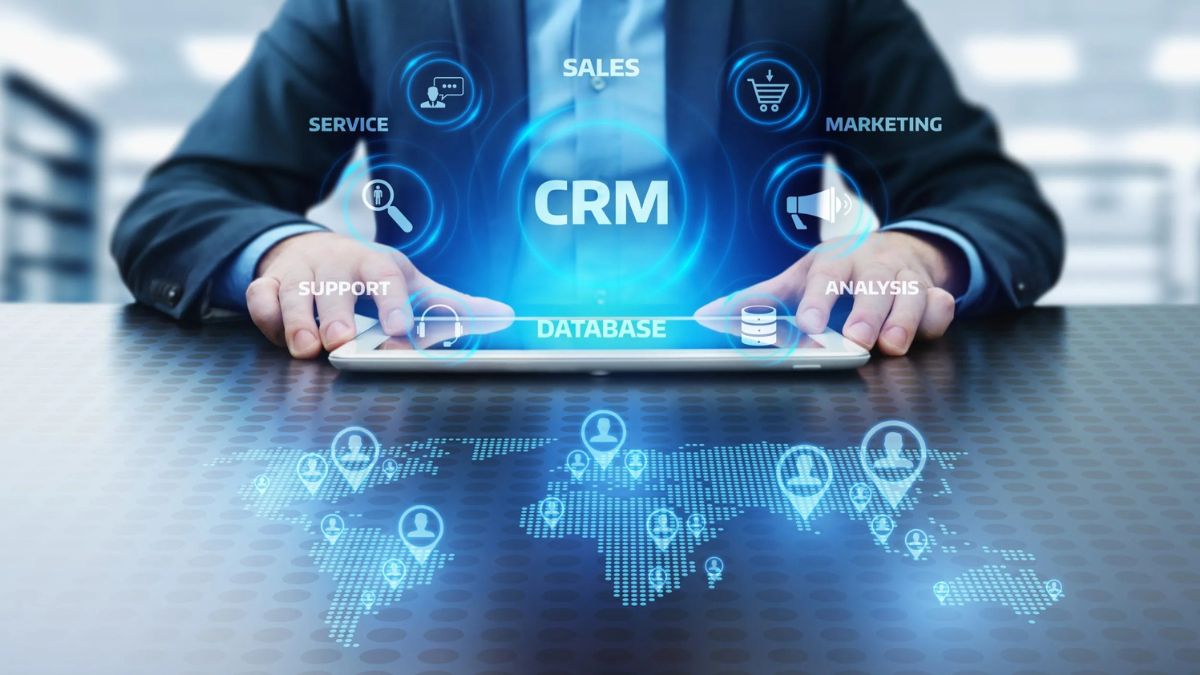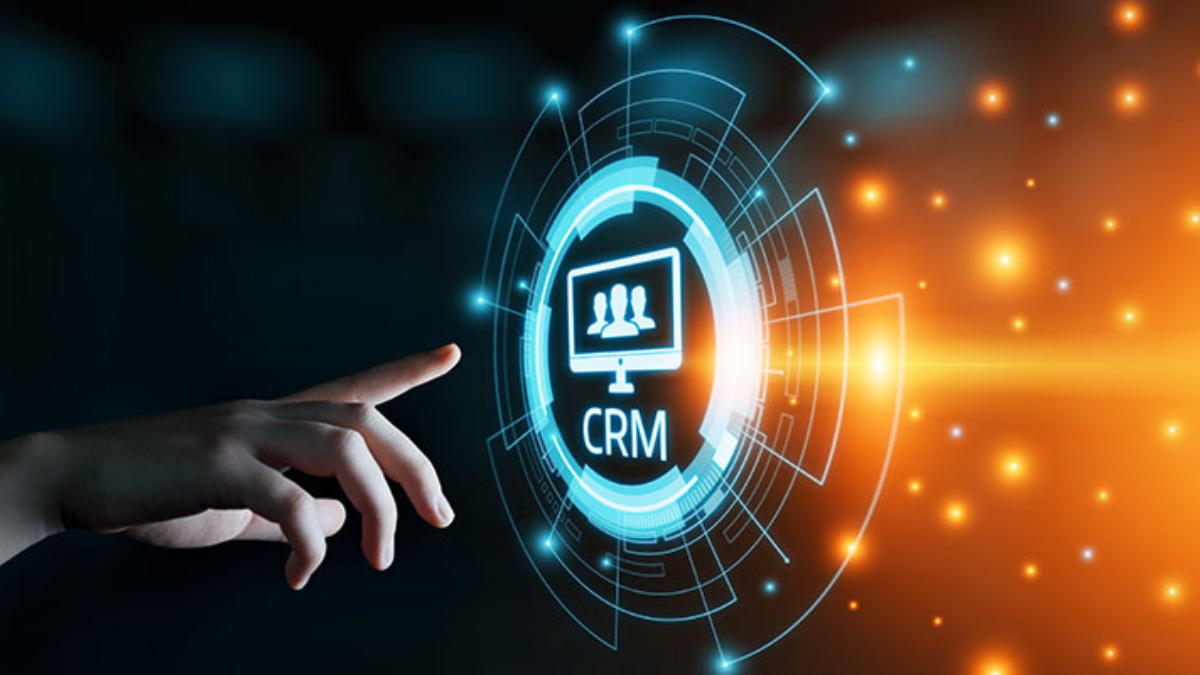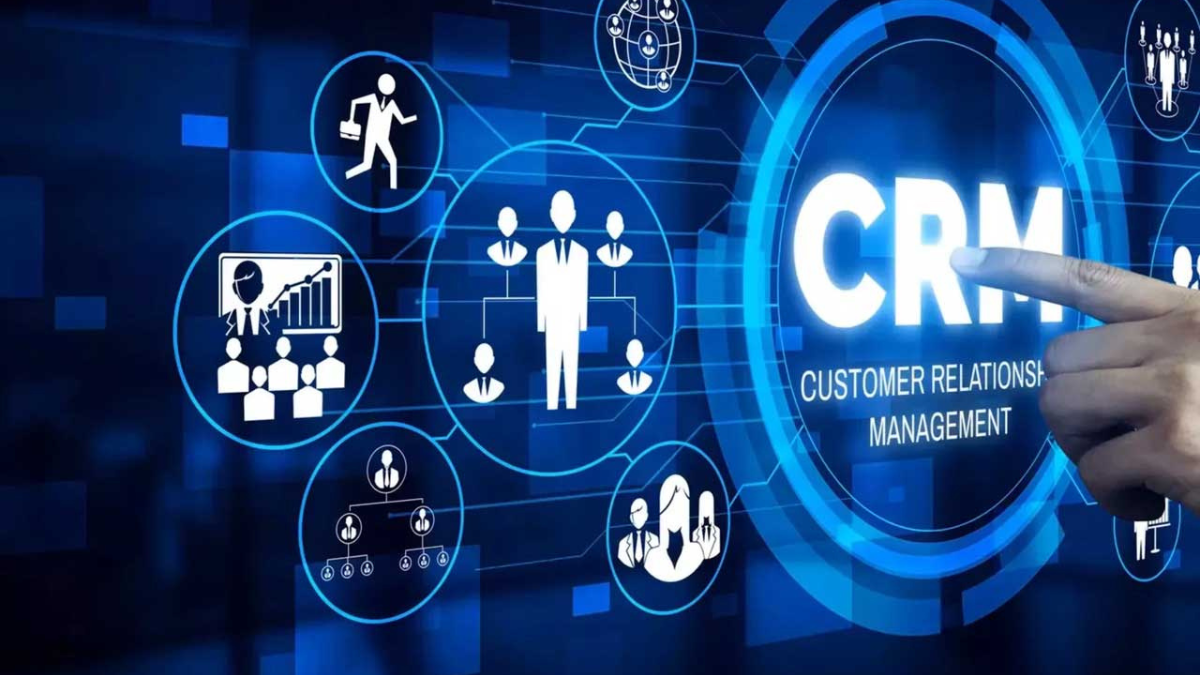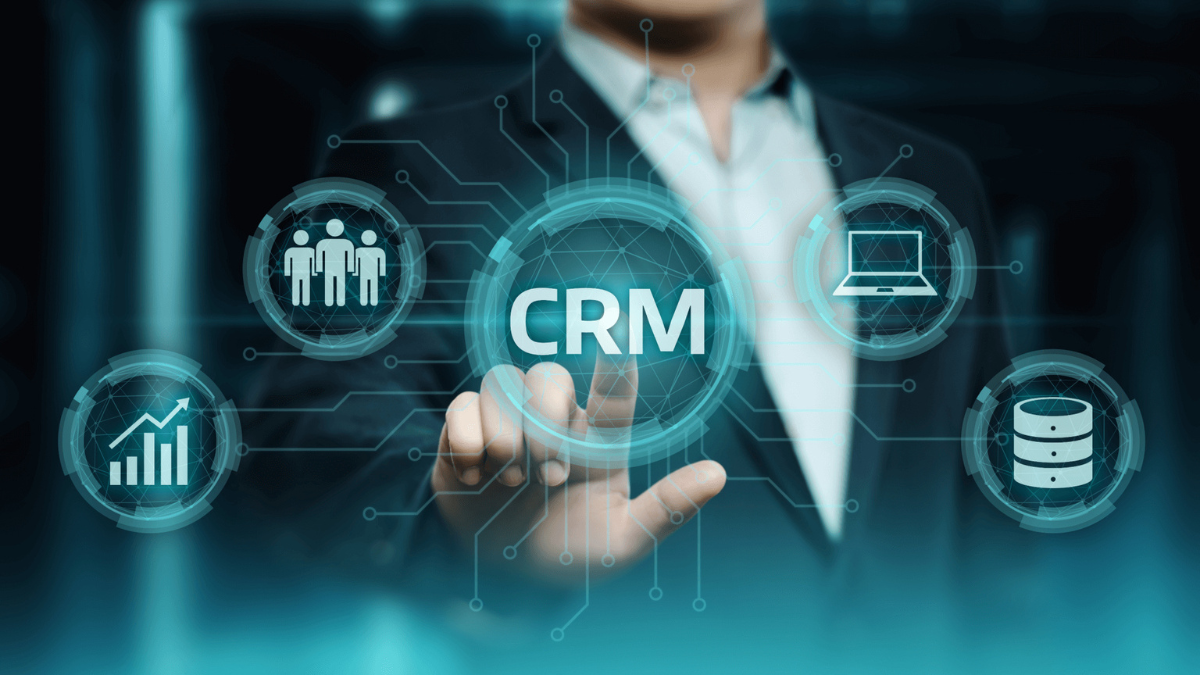In today’s healthcare environment, delivering excellent clinical care is only part of the equation. To thrive, providers must also build lasting relationships with patients, improve satisfaction, and enhance communication across all touchpoints. That’s where Customer Relationship Management (CRM) comes into play.
CRM in healthcare isn’t about selling a product—it’s about improving patient engagement, streamlining communication, and fostering trust. In 2025, advanced CRM tools help hospitals, clinics, and healthcare networks create personalized, proactive, and patient-centered experiences.
Here’s how healthcare organizations can use CRM to improve patient engagement:
Centralized Patient Information for Better Communication
Healthcare CRMs create a 360-degree view of each patient by integrating data from appointments, EHRs (Electronic Health Records), lab results, billing systems, and communications. This unified view allows staff to provide better, more informed care.
Benefits:
- Real-time access to contact info, treatment history, and preferences
- Improved care coordination across departments
- Reduced delays and duplicate information requests
Impact on engagement: Patients feel more valued and understood when they don’t have to repeat information and receive faster, personalized service.
Personalized Appointment Reminders and Health Alerts
One of the most practical uses of CRM in healthcare is automated reminders for appointments, medication refills, vaccinations, and check-ups. These reminders can be sent via SMS, email, or phone—tailored to each patient’s preference.
Why it matters:
- Reduces no-show rates
- Improves adherence to treatment plans
- Keeps patients involved in their health journey
CRM automation ensures that patients are consistently reminded and engaged without increasing staff workload.
Targeted Patient Education and Wellness Campaigns
Healthcare CRMs allow organizations to segment patients based on age, conditions, health risks, or history. This segmentation helps deliver relevant health education and wellness content tailored to their needs.
Examples:
- Sending heart health tips to cardiac patients
- Sharing diabetes-friendly recipes with diabetic patients
- Delivering prenatal care videos to expectant mothers
Outcome: Educated patients are more likely to participate in preventive care and actively manage chronic conditions.
Seamless Multi-Channel Communication
A good healthcare CRM enables communication across multiple channels—phone, email, SMS, web portals, and mobile apps—while keeping it unified and secure.
Benefits:
- Patients can reach out on their preferred channel
- Staff can respond faster using prebuilt templates and alerts
- All interactions are recorded for continuity
This makes it easier to build strong, trusted relationships with patients, improving satisfaction and loyalty.
Feedback Collection and Satisfaction Surveys
CRMs can automate the sending of post-visit surveys or feedback forms to understand how patients feel about their care experience.
What you can track:
- Overall satisfaction
- Wait times and service quality
- Provider professionalism and empathy
By analyzing this feedback, healthcare providers can identify gaps and continuously improve the patient journey.
Improved Care Coordination and Follow-Ups
CRMs make it easy to schedule follow-up appointments, track referrals, and ensure that patients complete necessary diagnostic tests or procedures.
How it helps:
- Alerts providers when a patient misses a follow-up
- Enables seamless hand-offs between departments
- Tracks patient outcomes over time
This boosts treatment success rates and ensures patients remain engaged throughout their care cycle.
Conclusion
In 2025, patient engagement is no longer a luxury—it’s a necessity. CRM systems are empowering healthcare providers to connect with patients beyond the clinic, offering personalized experiences, better communication, and proactive care. When used strategically, CRM becomes a vital tool for building trust, improving health outcomes, and fostering long-term patient relationships.

